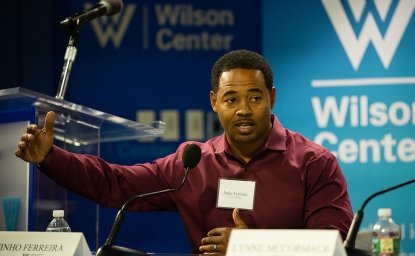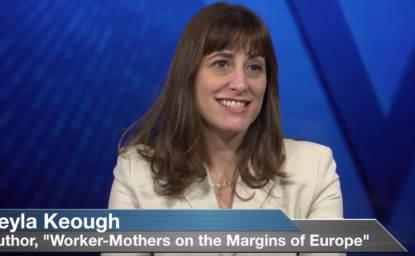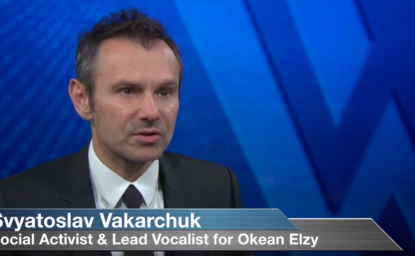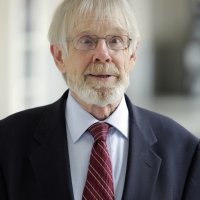Twenty five years after the Velvet Revolution, Europe today is whole and free, but democracy and prerequisite independent media are on the decline in much of the former Soviet Union and elsewhere. RFE/RL, VOA, Radio Free Asia, Middle East Broadcasting Network, and Radio Marti, all publicly funded by the U.S. Congress, attempt to fill the information deficit in nations across the globe. Two participants in that effort, A. Ross Johnson and Nenad Pejic, reflect on past success and present challenges. What Cold War lessons resonate today and what are the demands of the new media environment? And is the U.S. doing enough to bring objective information to authoritarian countries and unfree societies?
About the Guests
A. Ross Johnson is a research fellow at the Hoover Institution, adviser to the Radio Free Europe/Radio Liberty Archive Project at the Hoover Institution, and senior scholar at the Wilson Center. He is also a former Director of Radio Free Europe.
Nenad Pejic is Radio Free Europe/Radio Liberty Editor-in-Chief for Programming with overall responsibility for content, marketing and distribution. Prior to joining RFE/RL in 1993 as Director of the South Slavic and Albanian Language Broadcast Service, Nenad held various positions with Sarajevo Television including, head of the news department, Belgrade correspondent, and Program Director.









